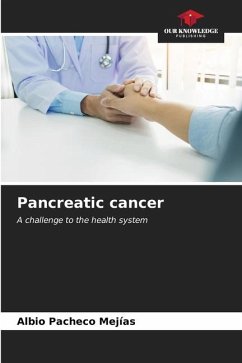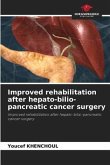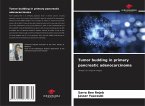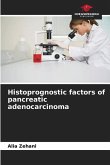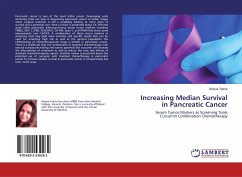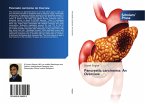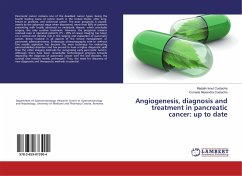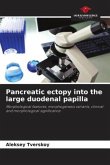Text dedicated to health professionals, patients and the general public, with the intention of raising awareness of the clinical aspects that characterise one of the most difficult oncological problems to detect early, pancreatic cancer, characterised by its high mortality, late diagnosis and few therapeutic options. This event is set to become a serious problem for modern oncology, due to its behaviour in recent decades, in relation to its high mortality rate. It contains essential basic elements for clinical presumptive diagnosis, by addressing signs and symptoms of early suspicion, which, if properly validated and managed by the health system, from early primary care, can have a positive impact on the early diagnosis of this overlapping condition. We do not intend to go into aspects such as classification and staging of the tumour, although we do make brief comments on novel aspects in relation to diagnosis, without losing the essence of the text, to enrich the threshold of suspicion as the only way to achieve diagnosis in the early stages. Herein lies the challenge.
Bitte wählen Sie Ihr Anliegen aus.
Rechnungen
Retourenschein anfordern
Bestellstatus
Storno

